"Hypnosis is a vastly misunderstood practice. For centries, royalty, the rich and the famous have used hypnosis and it was a secret of the privileged. Even today it can be thought of as something other people do, hypnotherapy is now becoming increasingly popular due to its effectiveness and speed in dealing with numerous issues. It is now being recognised in certain fields that were previously dismissive."
History of Hypnosis

HISTORY OF HYPNOSIS
The earliest evidence of hypnosis can be traced back to Egyptian hieroglyphics where paintings show scenes of hypnotic type practices taking place, with people standing over others in a sleep like state. It is known that a form of hypnosis was used in Greek sleep temples and evidence can be found in Greek philosophy, it is understood that one of Aristolteles pupils wrote about a magician rendering a boy insensitive to pain. These examples clearly show that ancient people recognised the importance of the power of the mind.
In the Middle Ages, Paracelsus, a Swiss physician was a pioneer in promoting that doctors should treat both mind and body which was controversial for its time.
In the 1700's Father Maximillian Hell discovered magnetic healing, this influenced a man called Franz Anton Mesmer, a medical doctor who developed this technique. Mesmer had a particular patient drink a solution that had iron filings in it, and then applied magnets to evoke trance, the patients issues disappeared and stayed in remission. Mesmer became popular and mesmerism was born, from which we still use the term mesmerised today. As with any popularity came its critics, and one of which was Benjamin Franklin before his presidency, who disputed Mesmers methods, and this contributed to Mesmer fading into relative obscurity.
However, many learned gentlemen were influenced by Mesmer, such as John Elliotson, James Esdaile and James Braid. Braid moved forward from the techniques of Mesmerism to discovering that using just words could evoke trance which marked the end of Mesmerism. James Braid also pioneered the term Hypnosis.
Hypnosis took a dip in popularity in the mid 1800's due to the arrival of chloroform and ether, with many famous figures such as Queen Victoria steering towards the route of drugs.
Sigmund Freud was known to use hypnotic techniques alongside his own methods of treatment, it is well documented that he wasn't very accomplished in hypnosis.
From the mid 1800's many different techniques have been developed such as Ivan Pavlovs - conditioned response, Emile Coues - auto suggestion and Milton Ericksons - indirect suggestion.
From the 1970's NLP (neuro-linguistic programming) was created by Richard Bandler and John Grindler and has become a popular addition to techniques used in hypnotherapy. Technically not hypnotherapy, it uses the use of language to effect changes in behaviours and thoughts.
So to date hypnotherapists have a large pool of resources to achieve the best results, excluding of course, the iron fillings!
